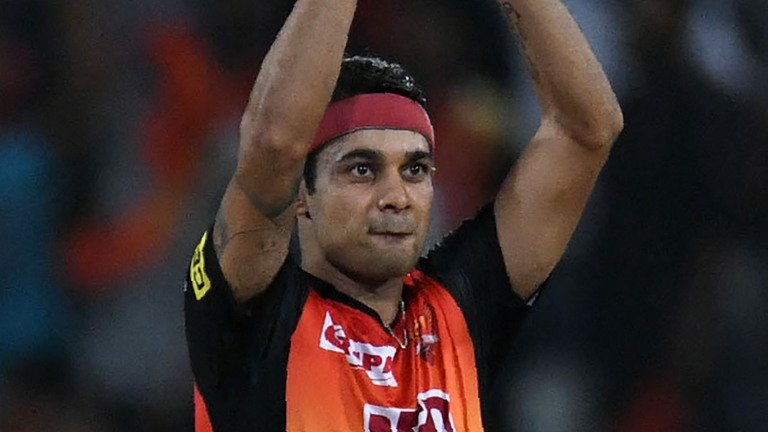In a surprising turn of events, one of India’s most promising fast bowlers, Siddarth Kaul, saw his international cricket career come to an end at just 29 years of age. Known for his lethal pace and precision in death overs, Kaul was once hailed as a future star who could rival even Jasprit Bumrah in impact. Despite helping India clinch the Under-19 World Cup in 2008, his journey in international cricket was short-lived. Today, this former cricketing talent is serving at the State Bank of India (SBI), far from the limelight of stadiums.
Kaul made his international debut on June 12, 2018, in an ODI against England. However, his stint with Team India lasted only three ODIs and three T20Is. His ability to swing the ball and deliver deceptive slower deliveries made him a formidable bowler in the death overs, yet he never got the consistent opportunities many believed he deserved.
His cricketing journey began with a bang when he took 10 wickets in the 2008 Under-19 World Cup held in Malaysia, under the captaincy of Virat Kohli. It took him a decade to break into the senior national team, largely due to his impressive performances in the Indian Premier League (IPL). In IPL 2017 and 2018, Kaul grabbed 16 and 21 wickets respectively, playing for franchises like Delhi Daredevils (now Delhi Capitals), Sunrisers Hyderabad, and Royal Challengers Bangalore. His best IPL bowling figures were 4/29, and he ended his IPL career with 58 wickets in 55 matches, playing his last game on May 19, 2022.
Kaul also represented SBI in domestic cricket and played for Punjab in the Ranji Trophy. Although he had been associated with SBI since 2017, he officially announced his retirement from professional cricket on November 28, 2024, and returned to full-time service at the bank.
Despite a brief international career, Kaul’s contributions to Indian cricket—especially his role in the Under-19 World Cup victory and IPL performances—remain noteworthy. His transition from cricket to banking reflects the unpredictable nature of sports careers and the resilience required to adapt and thrive beyond the field.
